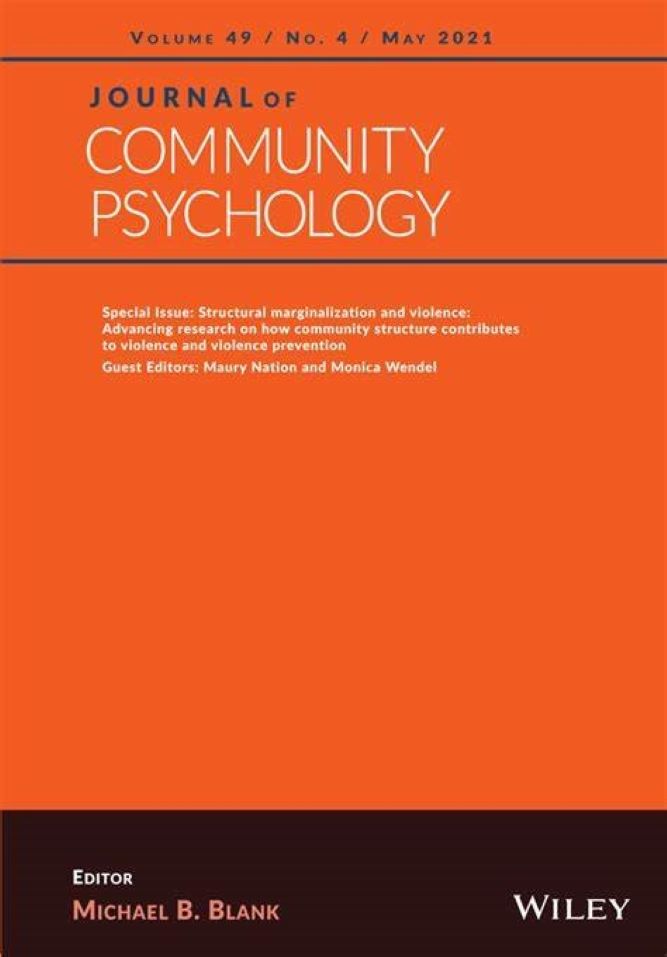Attrition, or the progressive loss of individuals from a sample, poses a major problem in fields that carry out research to inform policy and program design. Attrition reduces statistical power by reducing sample size and compromises the external validity of findings by introducing sampling bias. If sampling bias results from disadvantages that act as barriers to research participation, then it promotes social injustice by excluding disadvantaged groups from the study. This study describes strategies used to retain participants in a longitudinal study of experiences of women under community supervision (probation or parole). It uses quantitative methods to examine sampling bias and qualitative methods to elicit accounts of participants’ explanations for being hard to reach and their recommendations for retention in future research. For participants who were and who were not retained, there were no statistically significant differences on several common quantitative predictors of retention. Hard‐to‐reach women identified residential mobility, low income, and busy lifestyles as main reasons research staff had difficulty contacting them and recommended repeated attempts at contact through multiple means. The article ends with recommendations for limiting attrition of disadvantaged, justice‐involved women in studies, and for steps to be taken when women are especially difficult to contact.
Tracking Methods and Retention for a Longitudinal Sample of Alcohol and Drug-Involved Women on Probation and Parole
Tracking Methods and Retention for a Longitudinal Sample of Alcohol and Drug-Involved Women on Probation and Parole
- Miriam Northcutt Bohmert, Kayla M. Hoskins, Merry Morash
- Publication Date
2019 - Website
- For the full article, click here


 The College of Arts
The College of Arts